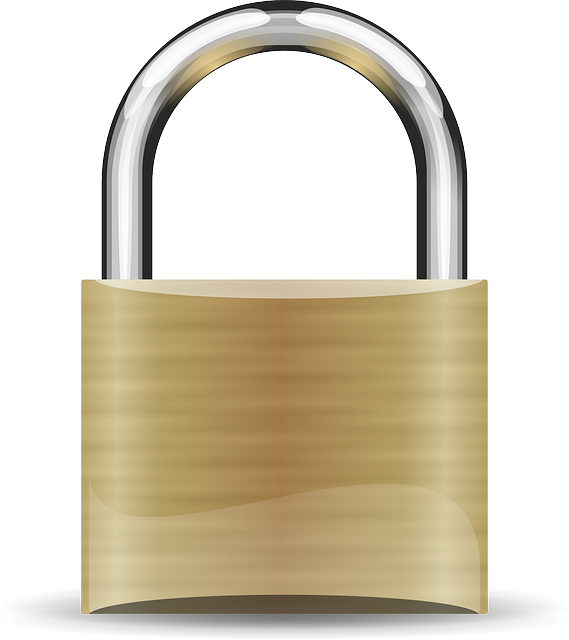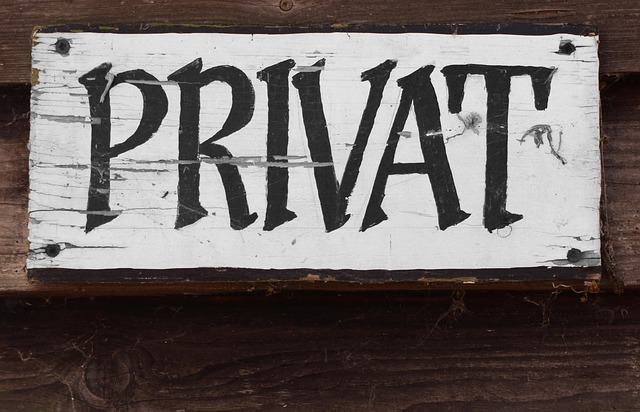Privacy laws play a crucial role in guiding and regulating background checks, balancing security needs with individual data protection. Federal and state regulations, such as GDPR in Europe and FCRA in the US, dictate data accessibility, usage, and viewing rights during screenings, ensuring fairness, accuracy, and transparency. Employers increasingly rely on comprehensive background checks to protect company and client data, verify credentials, and mitigate legal risks. Adhering to best practices, including consent, data minimization, encryption, and regular policy updates, is essential for maintaining compliance and public trust in the background check process.
In today’s comprehensive digital landscape, understanding privacy laws is paramount when conducting background checks. This article serves as a guide through the intricate legal framework governing these essential processes, highlighting key regulations and best practices for compliance. From defining the types of information considered to navigating when and why employers initiate such checks, this resource ensures professionals stay informed about critical privacy laws in background screening.
- Understanding Privacy Laws: A Foundation for Background Checks
- Legal Framework for Conducting Background Checks: Key Regulations and Guidelines
- Types of Information Considered in Background Screening
- When and Why Employers Need to Perform Background Checks
- Best Practices for Maintaining Compliance During Background Check Processes
Understanding Privacy Laws: A Foundation for Background Checks

Conducting background checks is a delicate process, intricately tied to the framework of privacy laws that vary across jurisdictions. These legal guidelines are designed to protect individuals’ personal information while balancing the need for organizations and employers to conduct thorough screening. Understanding these privacy laws is paramount when undertaking any form of background check, as they dictate what data can be accessed, how it can be used, and who has the right to view it.
Privacy laws, in the context of background checks, ensure that sensitive personal information is handled with care and respect for individual rights. They outline specific requirements for obtaining consent, defining permissible purposes for data collection, and enforcing strict security measures to safeguard data from unauthorized access or disclosure. Compliance with these laws not only avoids legal repercussions but also instills trust in the process, assuring individuals that their privacy is respected throughout the background check procedure.
Legal Framework for Conducting Background Checks: Key Regulations and Guidelines

The legal framework governing background checks is a complex web of federal and state regulations, designed to balance the need for safety and security with respect for individual privacy. In many countries, including those with stringent privacy laws, background checks are permitted under specific circumstances, often tied to sensitive roles like employment, housing, or access to vulnerable populations. The General Data Protection Regulation (GDPR) in Europe, for instance, provides guidelines on processing personal data, influencing how organizations conduct background screenings while ensuring compliance.
Key regulations and guidelines, such as the Fair Credit Reporting Act (FCRA) in the United States, dictate the process of conducting background checks, including what information can be accessed, how it’s used, and the rights of individuals being screened. These laws ensure that background checks are conducted fairly, accurately, and transparently, with clear communication about the purpose and extent of the investigation. Understanding and adhering to these privacy laws is crucial for organizations to avoid legal repercussions and maintain public trust in their practices.
Types of Information Considered in Background Screening

Background screening is a comprehensive process that involves gathering and verifying various types of information about an individual. When conducting these checks, several factors come into play, each holding different levels of significance depending on the purpose and industry. In many jurisdictions, privacy laws govern what data can be accessed and how it can be used during background screenings, ensuring individuals’ personal information is handled with care.
Key pieces of information often include criminal records, employment history, education details, and references. Additionally, credit reports, driving records, and professional licenses may be required in certain situations. The depth of these checks varies based on the role and industry standards, with some positions mandating more thorough investigations due to potential security risks or sensitive responsibilities.
When and Why Employers Need to Perform Background Checks

Employers often conduct background checks as a crucial part of their hiring process, particularly for roles involving sensitive information or high-stakes responsibilities. The need for these checks arises from the growing importance of verifying an applicant’s identity, criminal history, and employment eligibility to mitigate potential risks and ensure compliance with privacy laws.
In many jurisdictions, employers are legally obligated to perform background screenings under various privacy laws and regulations. These checks help protect sensitive company information and client data by screening out individuals with a history of fraud, theft, or unauthorized access. Additionally, they verify an applicant’s educational qualifications, work history, and eligibility to work in the specified role, ensuring that employers make informed decisions and avoid potential legal issues down the line.
Best Practices for Maintaining Compliance During Background Check Processes

When conducting background checks, adhering to best practices is essential to maintain compliance with privacy laws. This includes obtaining explicit consent from individuals before accessing their personal information and ensuring that only relevant data pertinent to the purpose of the check is collected and verified. Organizations should implement strict data protection measures, such as encrypting sensitive records and limiting access to authorized personnel only. Regularly reviewing and updating internal policies on background checks underpins a robust compliance framework.
Moreover, maintaining comprehensive records of every step in the process is crucial. This includes documenting requests for information, the sources of data accessed, and the verification methods employed. Such meticulous record-keeping facilitates transparency and allows for audit trails should any disputes or legal challenges arise. Staying informed about updates to privacy laws specific to your region further ensures that background check procedures remain legally sound and respectful of individual privacy rights.
